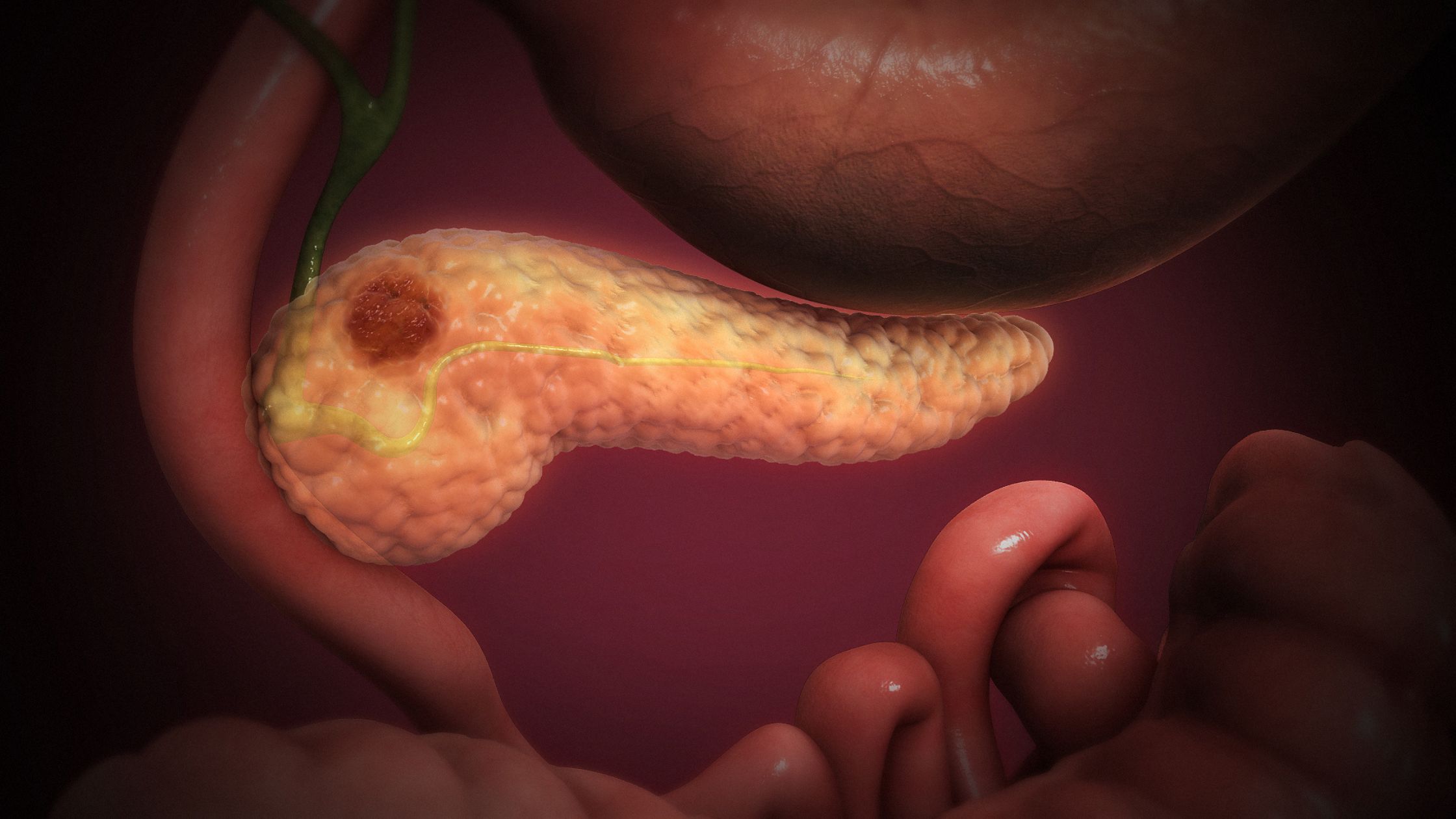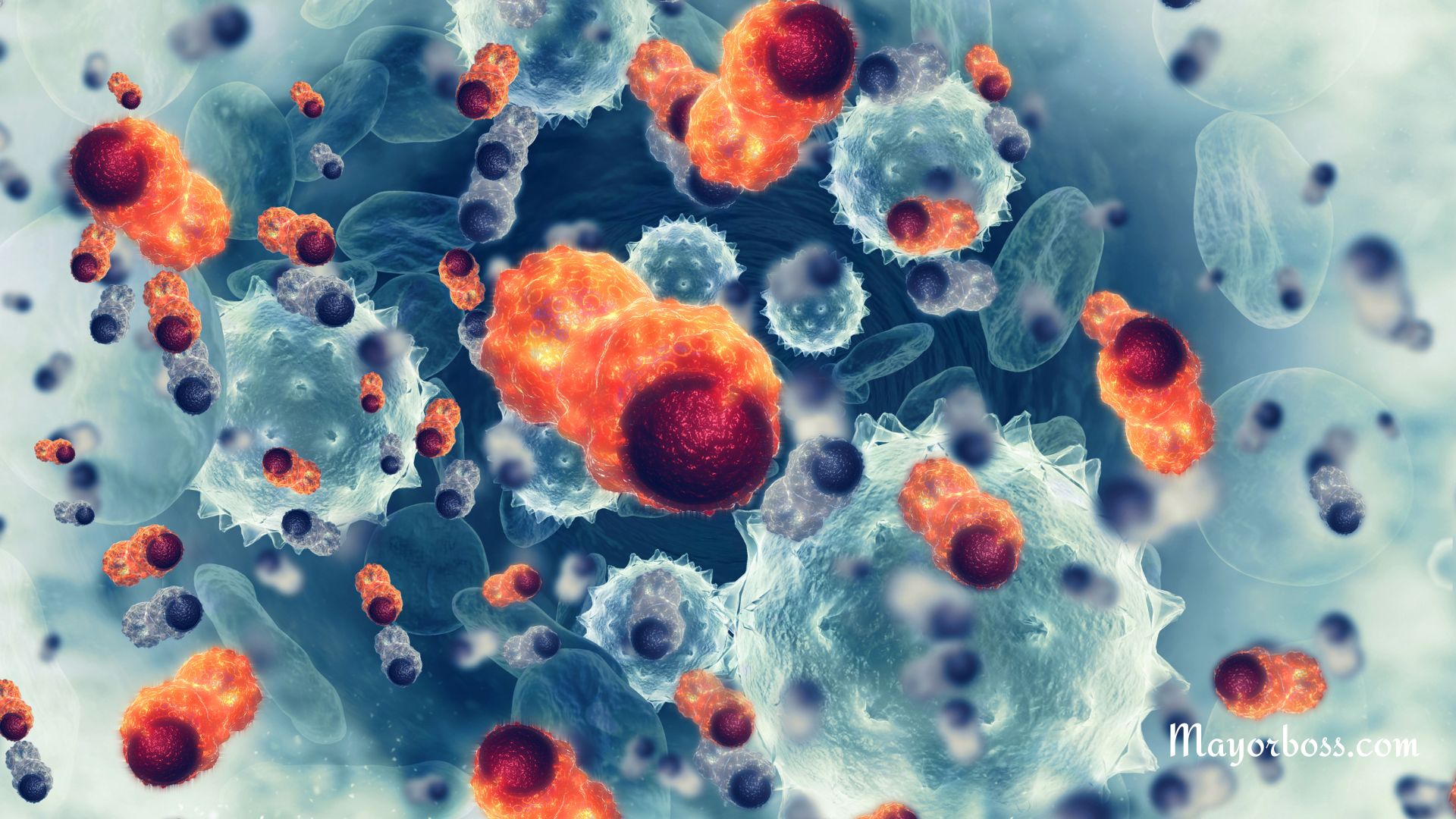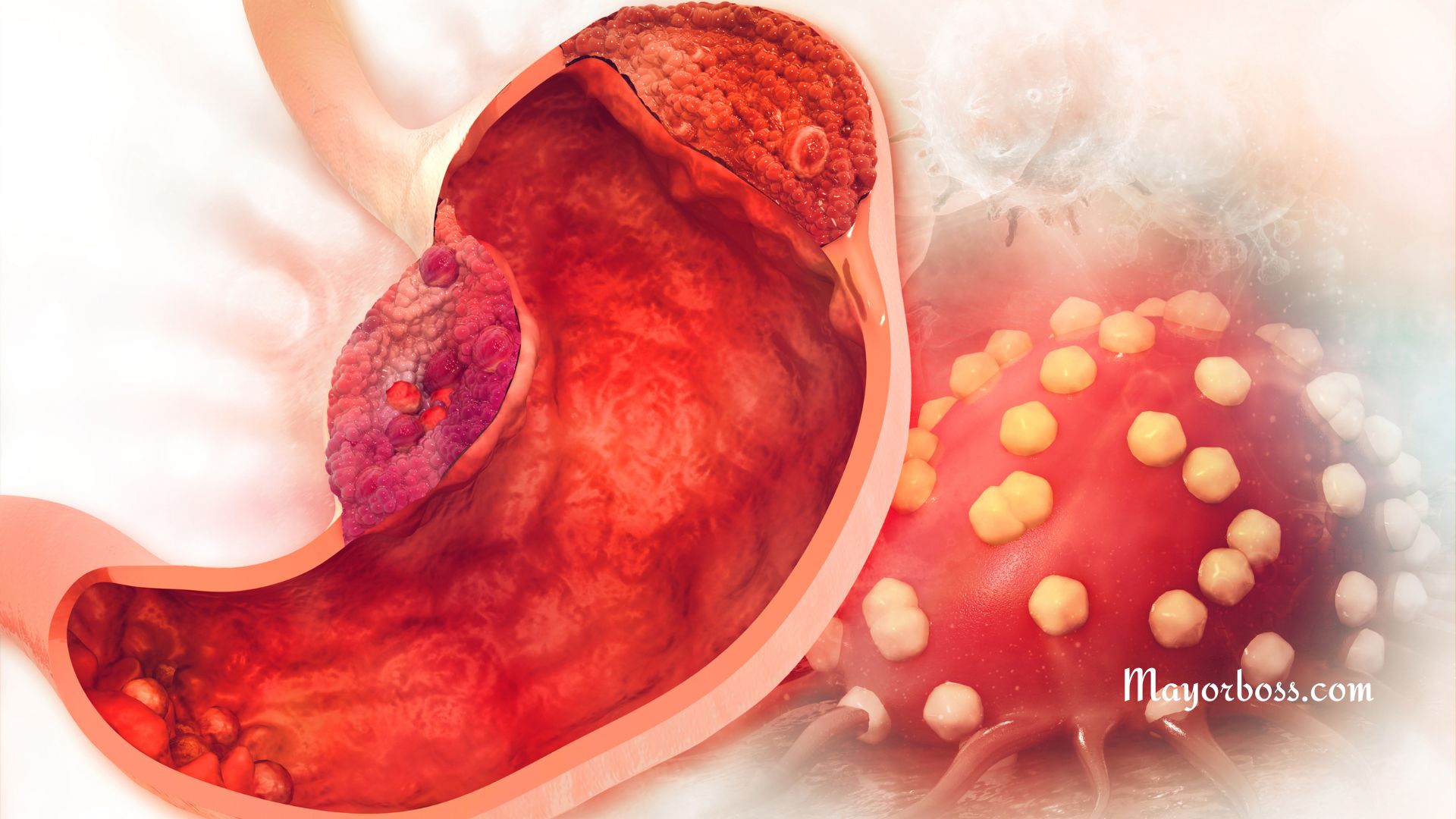Symptoms Of Lung Cancer That You Should Be Aware Of
Are you aware that lung cancer is one of the leading causes of cancer-related deaths worldwide? In this article, we’ll discuss the symptoms of lung cancer that you should be aware of, so you can act promptly and seek medical attention if needed.
Early Warning Signs
It’s crucial to catch lung cancer in its early stages. However, it can be challenging because the initial symptoms might be subtle or easily mistaken for other conditions. Here are some early warning signs to look out for:
Persistent Cough
A cough that doesn’t seem to go away or gets worse over time might indicate lung cancer. If your cough produces blood or rust-colored mucus, it’s essential to see a doctor immediately.
Shortness of Breath
Shortness of breath can be a symptom of many conditions, but when it occurs alongside other lung cancer symptoms, it could be a cause for concern. This symptom often arises when a tumor blocks an airway or when fluid accumulates around the lung.
Chest Pain
If you experience chest pain, especially when you breathe deeply, cough, or laugh, it might be a sign of lung cancer. The pain can be sharp, dull, or aching and typically worsens with physical activity.
Advanced Symptoms
As lung cancer progresses, more specific symptoms might appear. Pay attention to these advanced symptoms that could indicate a more advanced stage of lung cancer:
Weight Loss and Loss of Appetite
Unexplained weight loss or a decreased appetite could be a telltale sign of lung cancer. The American Society of Clinical Oncology says that 80 percent with advanced cancer lose weight and become very thin. Moreover, scientific evidence suggests cancer cells often consume more energy, leading to weight loss, and can release substances that suppress appetite.
Fatigue
Feeling extremely tired or weak, even after getting enough rest, could be an indication of lung cancer. Fatigue might result from cancer cells using up the body’s energy or from substances released by the tumor.
Recurring Respiratory Infections
Frequent respiratory infections, such as bronchitis or pneumonia, could be a potential sign of lung cancer. If a tumor blocks an airway, it might create an environment where infections can easily develop.
Change in Voice or Hoarse Voice
A hoarse voice or a noticeable change in the sound of your voice can be less common symptoms of lung cancer. This can occur when a tumor affects the nerves controlling the vocal cords, causing them to function abnormally.
If you notice that your voice has become hoarse or has changed in pitch or tone and it persists for more than two weeks, it’s essential to consult a healthcare professional.
Additional Symptoms
Lung cancer can also cause symptoms unrelated to the lungs. These might be due to cancer spreading to other parts of the body or from substances secreted by the tumor. Keep an eye out for the following:
Bone Pain
If lung cancer spreads to the bones, it can cause pain, especially in the back, hips, or ribs. This type of pain might worsen at night or during physical activity.
Neurological Symptoms
Lung cancer can spread to the brain and cause neurological symptoms such as headaches, dizziness, seizures, or changes in vision. These symptoms warrant immediate medical attention.
Swelling and Fluid Retention
Surprisingly, lung cancer can cause swelling in the face, arms, or neck. Several studies suggest that this is often due to the tumor compressing blood vessels and preventing proper blood flow. Fluid might also accumulate in the chest cavity or around the heart, causing additional swelling.
When To See A Doctor
If you notice any of the symptoms mentioned above, don’t hesitate to consult a healthcare professional. Early detection is vital for the most effective treatment and the best possible outcome.
Keep in mind that many of these symptoms can be caused by other conditions, so experiencing one or more of them doesn’t necessarily mean you have lung cancer. However, it’s always better to be safe and seek medical advice, especially if you have risk factors such as a history of smoking, exposure to radon, or a family history of lung cancer.
Further Reading: How To Cleanse Your Lungs Easily






